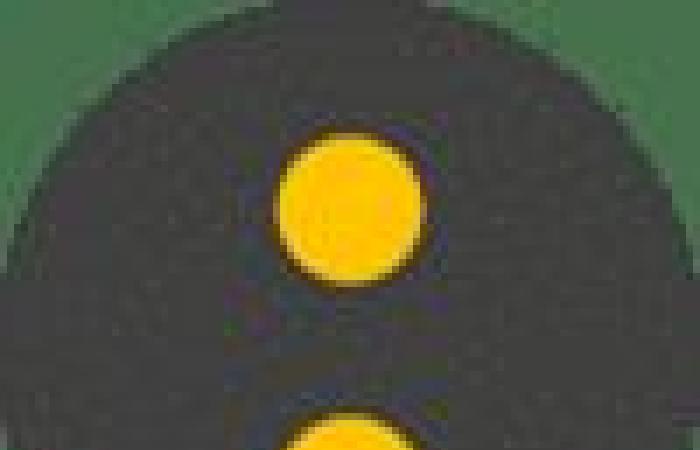In a report from the Montaigne Institute, made public on Wednesday, the CEOs of large food groups call for higher taxes on sugary products.
Published on 16/10/2024 07:36
Updated on 16/10/2024 07:36
Reading time: 2min

In order to fight against food insecurity, three CEOs of large food groups, notably the boss of Coopérative U Dominique Schelcher, are calling for a heavier tax on sugary products to finance the implementation of a 30 euro check for the most precarious. dedicated to the purchase of fruits and vegetables, in a report from the Montaigne Institute on the food divide made public on Wednesday October 16, to which France Inter had access.
“In thirty years, the obesity rate has doubled among adults and has quadrupled among 18-24 year olds,” notes the Montaigne Institute in its report, recalling that “the poorest households consume on average half as much fruit and vegetables as the rest of the population”.
To respond to these food divides, three CEOs of food groups, the boss of Coopérative U Dominique Schelcher, Cécile Béliot, the boss of BEL (Babybel, La Vache qui rit or even Pom’Potes) and the boss of Sodexo Bruno Vaquette, issue in this report a series of recommendations. The three CEOs participated in the development of the report as chairs of the working group.
They particularly call for increasing the VAT rate to 20%, compared to 5.5% or 10% today, on the sweetest products. “It is no longer enough to only train or inform the consumer, but we must act globally and through public policies going as far as special taxation on a certain number of sweet products”declares Dominique Schelcher to France Inter.
The application of this new VAT rate, which will increase State revenue by 1.2 billion euros per year, would then make it possible to finance “a check for 30 euros per month for the 4 million poorest French people, offering the possibility of buying four portions of fruit and vegetables per day”specifies the report. “The Montaigne Institute recommends introducing this check temporarily, until 2027, with an evaluation of its effectiveness at this date in order to decide on its possible extension”ends the report.
France








